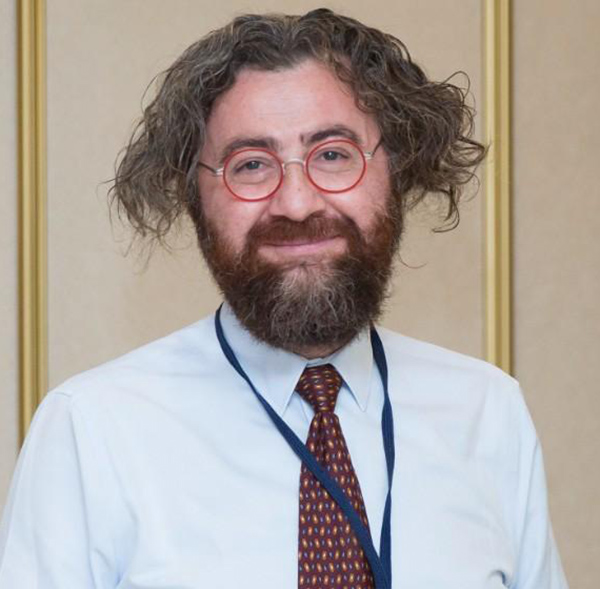Too Fast, Too Late? How Fast Transition to Renewable Energy May Hinder Climate Action?
Abstract
As the global transition to renewable energy accelerates, the emphasis on sustainability and low-cost energy system design appears to be sidelining the long-term imperative of energy security.
This study argues that the rapid and unplanned expansion of renewable energy, in the absence of adequate physical infrastructure and regulatory frameworks, may lead to energy security challenges. Such challenges risk eroding public trust in renewable energy, arguably the most critical component in the fight against climate change. A loss of public confidence, in turn, threatens to undermine the goal of a carbon-neutral planet and hinder the broader transition to a circular economy.
While roadmaps for a rapid energy transition do exist, tackling the climate crisis effectively requires more than top-down policies or technological fixes; it demands a firm and collective commitment across all segments of society. In this context, the study examines the paradox that an overly rapid and imprudent transition may, paradoxically, slow down the very process it seeks to accelerate by diminishing public trust.
The study aims to develop a political economy framework that critically interrogates policy processes driven by inflated positive public perception and awareness of renewable energy. Within this framework, a critical comparison is conducted between the innovation tools proposed by the International Renewable Energy Agency (IRENA) as part of its roadmap for accelerated transition and existing policy instruments. Ultimately, the study emphasises the risk that “greenwashing” through renewable energy could derail genuine climate action.
Biography
Murat Çetin began his academic career as a research assistant in 2000 and earned his PhD in Economics from Istanbul University in 2004. He served as a guest lecturer at the University of Cambridge, Faculty of Economics, between 2018 and 2019. Dr. Çetin is the founder and current head of the Circular Economy Department at Istanbul University. His research focuses on economic sociology, technological transformation, and the economics of climate change.
